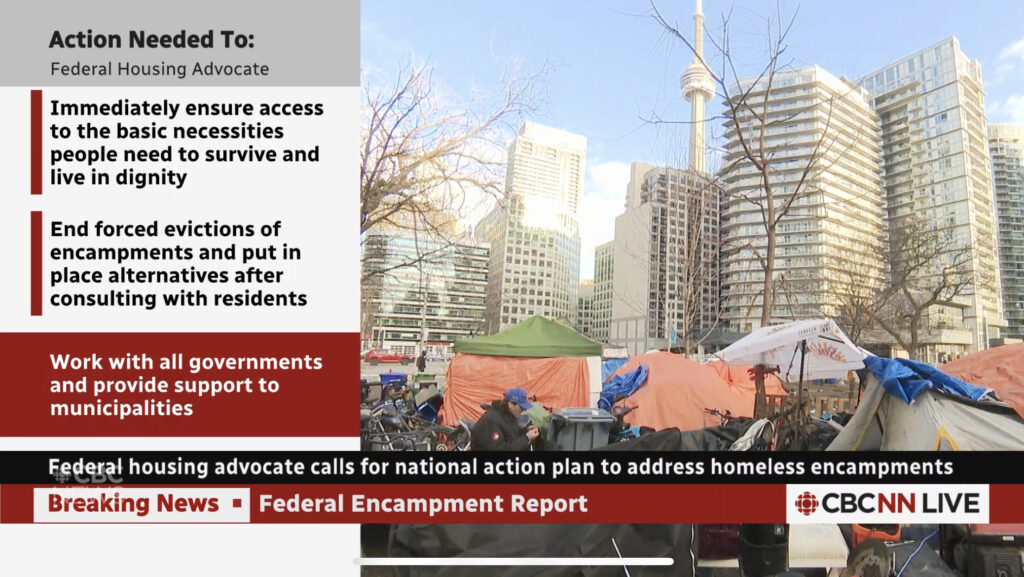
Building Resilient Communities: Drawing Inspiration from Turkey to Canada
Today, we confront a housing crisis that has seen thousands of Canadians struggle to secure adequate housing, despite gainful employment and mental well-being.
Post-COVID-19 inflation, inadequate housing supply, national and international investors, all amplified by global conflicts, have stretched the housing market beyond the reach of the middle-class in a number of countries world-wide. This new face of homelessness now includes the educated and employed, who, through no fault of their own, earn too much for traditional aid, yet too little to keep pace with soaring rent and mortgage rates.
As a reaction to the ongoing crisis, Prime Minister Justin Trudeau recently unveiled a $1.5-billion housing fund to assist non-profit organizations in acquiring and maintaining affordable rental units across Canada. The Canada Rental Protection Fund, included in the April 16, 2024 federal budget, will offer $1 billion in loans and $470 million in contributions to support this initiative.
However, both the Canadian real estate industry and charitable organizations dedicated to the issue, are not optimistic that this initiative will be a long-term solution. While the government tries to bolster housing stocks, the belief is that it will not be sufficient to meet the immediate demands, with labour shortages and rising expenses adding to the challenge. Building homes is just one piece of the puzzle; ensuring these homes are affordable and accessible is equally critical.
A Turkish Housing Model for Canada?
While thousands of kilometers away, the Turkish government’s response to the devastating earthquake in February, 2023, along with the efforts of various non-governmental agencies, offered a potential blueprint for Canada in providing emergency housing solutions through coordinated, swift action.
As reported by Reuters, on February 3, 2024, President Tayyip Erdogan said, “Today, we are delivering 7,275 houses in Hatay… We will gradually deliver 40,000 houses throughout the region as soon as their construction is completed,” during a ceremony in Hatay, the province worst-hit by the earthquakes. It was also shared that “Some 75,000 houses will be delivered over the next two months, Erdogan said, adding that the government planned to deliver a total of 200,000 houses this year.”
While both countries are building more houses, we find in Turkey a blueprint for community resilience and swift action. Turkey’s social structure and culture played a significant role in the relief efforts. Relatives opened their homes to family members in need, sponsoring their travel from southern Turkey to safer cities and inviting them to live with them. This sense of community and support is a hallmark of Turkish culture, and it has made a tangible difference in the lives of those affected by the earthquake.
In contrast, Canada’s culture and social structure have not provided the same level of support for those in need. Despite the government’s efforts to address the housing shortage, many working individuals who cannot afford more than $1,200 per month in rent are still forced to live in tents. This highlights the need for a more comprehensive approach to addressing homelessness in countires, including Canada, who don’t have a similar cultural safety net compared to Turkey.
CLLC & the CPIEAs – A Force for Change
CLLC, a school with multiple branches and a strong family culture, and CPIEAs, a free award and accreditation organization with a core value of giving back to communities, want to help. By combining their strengths, CLLC and CPIEA can amplify their impact and make a more significant difference in addressing the housing crisis internationally, with Canada serving as a pilot project.
Our Approach to Support
To integrate our support for the homeless with CLLC’s 20th anniversary celebrations, we will:
1- Raise Awareness: During CLLC’s 20th anniversary events in August 2024, we will conduct information sessions about the housing crisis and ways individuals can contribute to solutions.
2- Fundraising Efforts: We will set up donation booths at our events where attendees can contribute to local organizations supporting the homeless.
3- CLLC & CPIEA Will Match All Donations: CLLC will promote donations from students, staff, and partners. To encourage participation, CLLC will match all donations made through this platform, doubling the impact.
4- Community Involvement: We will encourage CPIEA communities, students, and partners to volunteer at local shelters and support services as part of our ongoing commitment to community service.
A Celebration of Solidarity & Call to Collective Action
As part of our anniversary celebrations, we will host events both virtually and in-person that not only commemorate our journey but also advocate for comprehensive policies around affordable housing and mental health support. We extend an invitation to educational institutions, agencies, local organizations, and businesses to join us in this initiative.
Let’s build bridges, not just homes. Let’s create a legacy of caring that will be remembered for generations to come. Join us in this crucial endeavor—for our communities, our cultures, our countries, and our future.


